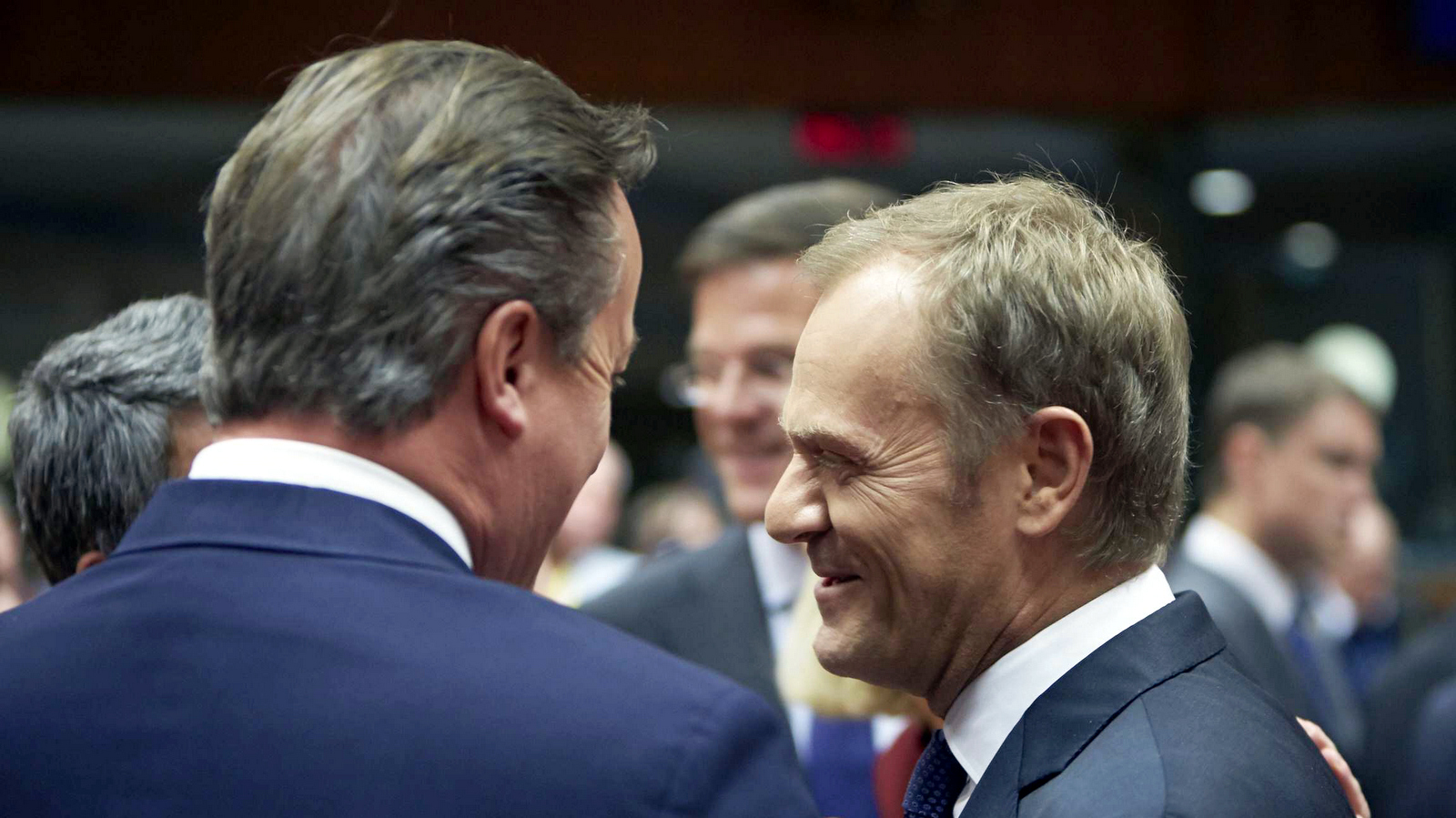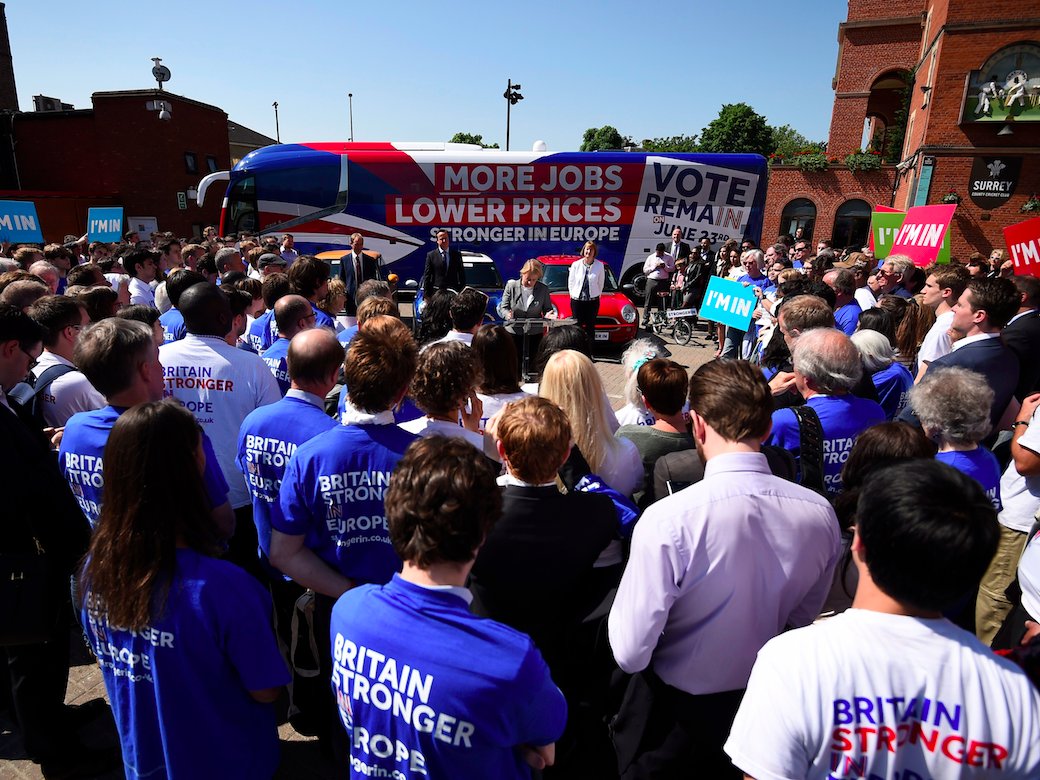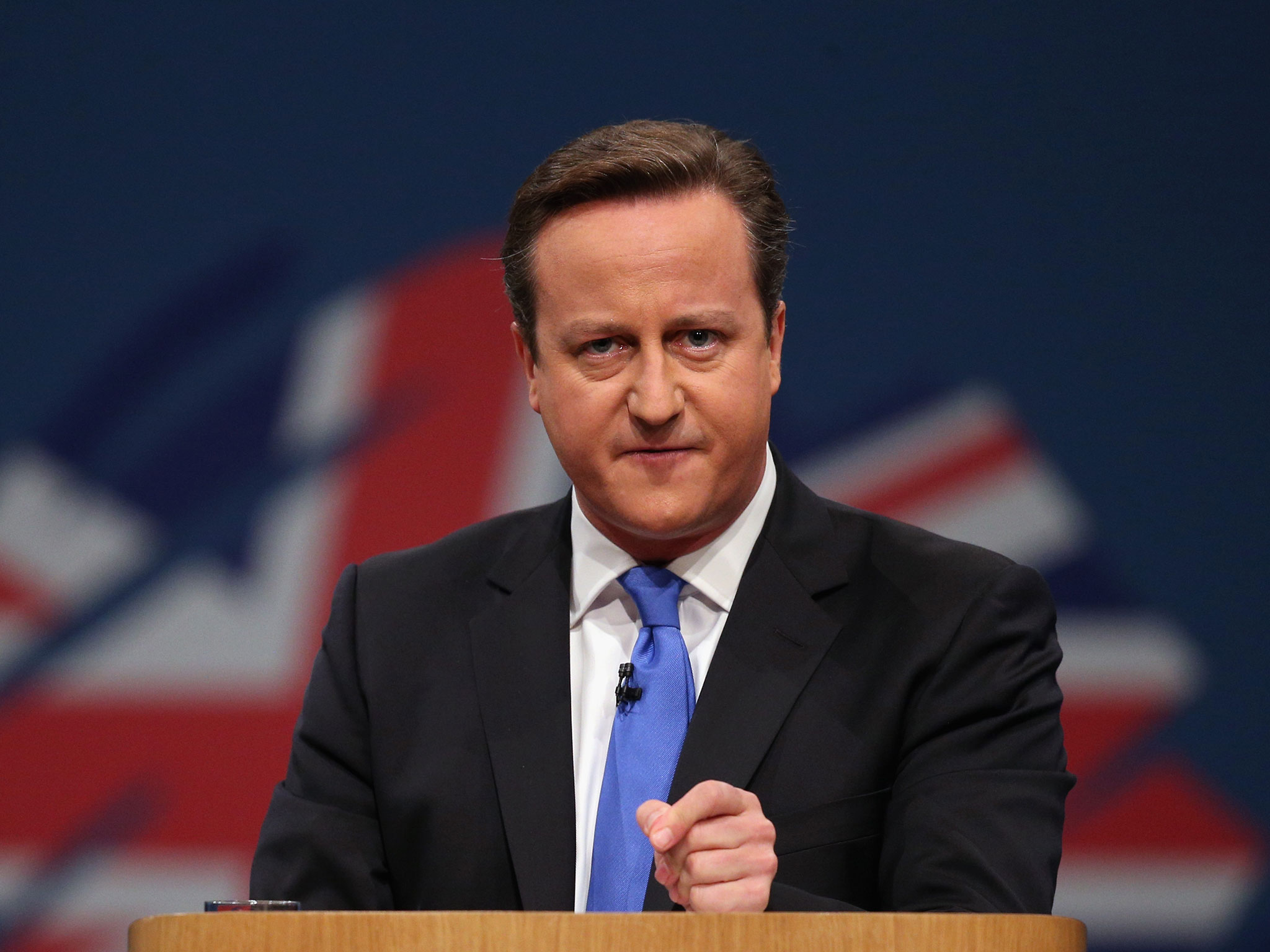Brits will head to the polls on Thursday in a national referendum to weigh in on a question that will drastically impact Europe’s future: Should the United Kingdom remain a member of the European Union or leave?
With a potential British departure from the EU just days away, our friends at The WorldPost takes a look at the terms, the stakeholders and the key facts in the debate leading up to the vote.
The Terms
The term “Brexit” refers to Britain’s possible exit from the EU — the political and economic partnership of 28 European countries.
The U.K., comprising England, Scotland, Wales and Northern Ireland, will hold a referendum, or nationwide vote, on the proposal.
Brexit: The Background
The U.K.’s resistance to EU policies isn’t new: It was hesitant to join the bloc in the first place, and Britain’s critics in the Union have referred to it as the “awkward” member state — a phrase author Stephen George coined in his 1998 book, An Awkward Partner: Britain in the European Community.
On Jan. 1, 1973, the U.K. finally joined the European Economic Community, the economic organization created in 1957 that was later incorporated into the EU. Two years after joining, nearly 70 percent of Brits voted in a referendum to continue membership.
In 1999, 11 of the EU’s members joined the eurozone, a monetary union that adopted the newly created euro as its sole currency. As membership grew to include 19 states, the U.K. kept its own currency, the pound sterling, instead.
British Prime Minister David Cameron assumed office in 2010, amid criticism over his nation’s membership in the EU. Anti-EU sentiment increased after the European debt crisis, and Cameron vowed in January 2013 that if his Conservative Party was re-elected with a majority government, he would renegotiate Britain’s terms of membership with the EU. He pledged to schedule a referendum on a possible Brexit by 2017. British Parliament then legislated the referendum in the wake of the Conservatives’ victory in the nation’s 2015 election.

After months of negotiations between U.K. and EU officials spearheaded by Cameron and European Council President Donald Tusk, all 28 EU member states unanimously reached an agreement on Britain’s new proposed terms of membership at a two-day summit in February.
Cameron, who desperately wants to remain in the EU, claims he landed a strong deal that grants the U.K. more political autonomy, but critics say it isn’t enough.
Notable parts of the agreement include: “more integrated governance” of the eurozone, allowing the U.K. to keep the pound sterling as its currency; permitting the “non-participation” of member states in certain EU policies and objectives; and allowing Britain to limit the amount of benefits that immigrants to the U.K. are eligible to receive.
Though it doesn’t fully deliver on the prime minister’s initial proposals, the deal addresses all of Cameron’s concerns “without compromising EU fundamental values,” according to a statement posted on the European Council’s website. It will come into effect if the U.K. opts to continue its membership. Should the U.K. decide to leave, pending the results of the referendum, the deal will be canceled.
If the U.K. does leave the EU, it will become the first member state ever to exit.

The Brits’ Response
Britain’s division on EU membership has remained relatively balanced for months, with the two sides currently neck-and-neck in the advance polls.
Prominent Euroskeptics like former London Mayor Boris Johnson and Nigel Farage — the outspoken leader of the anti-EU, hardline conservative U.K. Independence Party, or UKIP — have framed the debate in terms of sovereignty, border control and, especially, immigration.
Britain has become an “unrecognizable” country where “you don’t hear English anymore,” according to Farage, who would like to slash the U.K.’s influx of immigrants down to 30,000 annually. The “Vote Leave” campaign, backed in part by Johnson and other Euroskeptic leaders, published a dossier of 50 criminals with EU citizenship who legally crossed into Britain from other member states.
In Britain, where free movement legislation allows EU nationals to work and live in other member states without a work permit, net immigration has reached 333,000 per year, with 184,000 newcomers arriving from within the Union.
But widespread anti-immigration sentiment has grown since more than 1 million migrants and refugees entered Europe last summer, and it’s also impacting support for a Brexit. Many anti-immigration advocates believe separating from the EU would leave the U.K. free to slow the flow of immigration, with some arguing for Australian-style immigration based on a more restrictive, points-based system.
The debate over immigration during the lead-up to the referendum is becoming contentious as the “Remain” camp accuses anti-EU politicians of scaremongering. Last week, both sides disapproved of a poster unveiled by UKIP’s Farage that showed lines of refugees and migrants awaiting entry to Europe, implying they could reach Britain due to a lack of border control.
The EU has failed us all. pic.twitter.com/Lb7txUghar
— Nigel Farage (@Nigel_Farage) June 16, 2016
Concern over extremist, anti-immigrant sentiment heightened last Thursday, when a man shouting “Britain First” and other nationalist slogans killed pro-immigration, Labour Party Member of Parliament Jo Cox. After Cox’s murder, both sides condemned the attack and suspended their campaigns until this week.
In terms of economic outcomes, many pro-Brexit Brits a
lso believe an independent Britain could conduct its own trade negotiations more effectively by liberating itself from EU bureaucracy. A number of prominent economists, however, have spoken out against a Brexit, saying it would trigger massive economic uncertainty and weaken Britain’s position in global trade markets.







